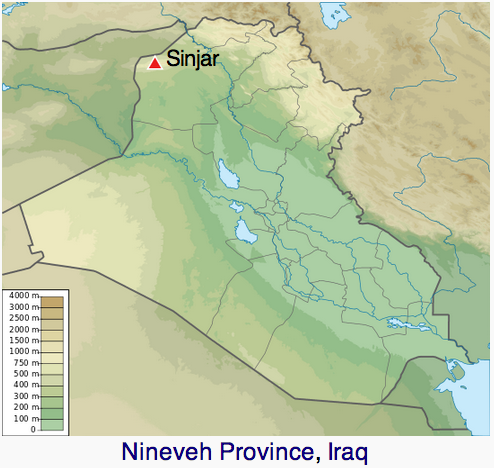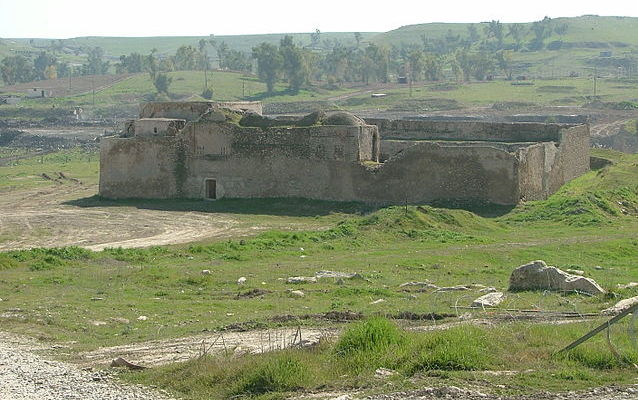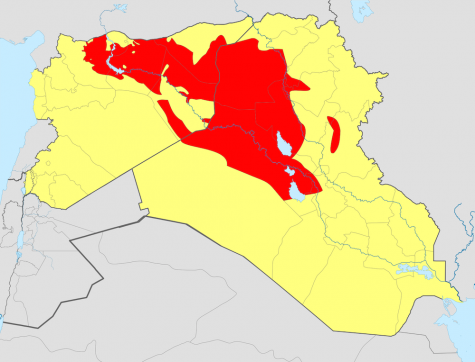The main difference between the Syrian Air Force and the Iraqi Air Force seems at first glance to be intentionality versus pure incompetence. They’re using the same tactics, but the Syrian regime is obviously doing it on purpose, whereas the Iraqi government — one could argue — just can’t be bothered to be more careful and probably lacks the training to do so.
However, it doesn’t really matter about training (or intent) when the main problem is using exploding barrels instead of proper bombs. No guidance system, no guarantee of immediate explosion (i.e. ongoing risk), and they’ve been bombing areas that don’t even have ISIS fighters present. Recently, while resenting political heat from his erstwhile Western backers, Iraqi Prime Minister Nouri al-Maliki openly praised the Syrian Air Force and the Syrian regime for its actions against ISIS.
The Human Rights Watch video below shows the aftermath — and presents eyewitness accounts — of barrel-bombing raids this past June on Fallujah, a western Iraqi city that was a hotbed of Sunni resistance after the U.S. invasion in 2003:
![]()
Fallujah fell to ISIS, at least temporarily, as early as January of this year, and the Maliki government strongly hinted at the time that they blamed the residents for the city’s capture — and viewed them as collaborators against Baghdad. The city is now facing what amounts to collective punishment. But is this policy intentional or just really inept?
As I noted yesterday, even when the Iraqi Air Force attempts to hit actual ISIS targets — in the most recent case an ISIS-run court that was holding 50 prisoners, probably from the Iraqi military or anti-ISIS paramilitary forces — they are just appallingly awful at their jobs.
Iraqi airstrikes didn’t even make it past day 1 without indiscriminately obliterating big clusters of people who weren’t the intended target because the air force lacks the training — and desire — to be more careful or conscientious about their target selection. Killing 50 prisoners from your own side, while trying to liberate them by way of airstrikes, is not a smooth move.
That instance was probably an accident, even if an altogether unsurprising one. But the seemingly random aerial targeting of northern and western Sunni-majority cities and towns with crude and improvised bombs, throughout 2014 (even before the fall of Mosul to ISIS), seems to point to a much more serious total lack of regard for the lives of Iraq’s sectarian minorities by the Maliki government and perhaps even an active desire to do them harm.
A one-time accident would be one thing. Repeated attacks on populated areas, without real evidence of militant presence, and without any effort whatsoever to reduce casualties or even to use real munitions, suggests an intent to repay alleged rebellious behavior in-kind, just as the Alawite-run/Shia-supported dictatorship in neighboring Syria has done repeatedly throughout its civil war. Small wonder Maliki has such kind words for their model actions.
And that is exactly what many observers were trying to raise earlier this year about the heavy-handed and Shia-supremacist government he was running. The Iraqi government, as currently run and led, is its own biggest enemy. Without a major sea change, popular anger and resentment will continue to fuel disunity, separatism, and sectarian violence.






